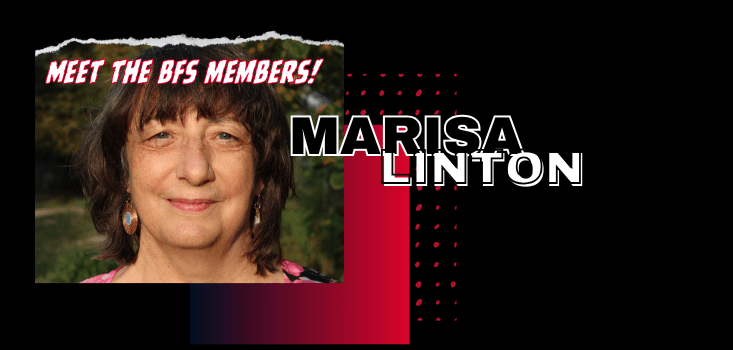Every Friday, we meet a member of the BFS and peer deep into their soul (or, at least, a form they filled out). Want to be featured? Email us: online@britishfantasysociety.org
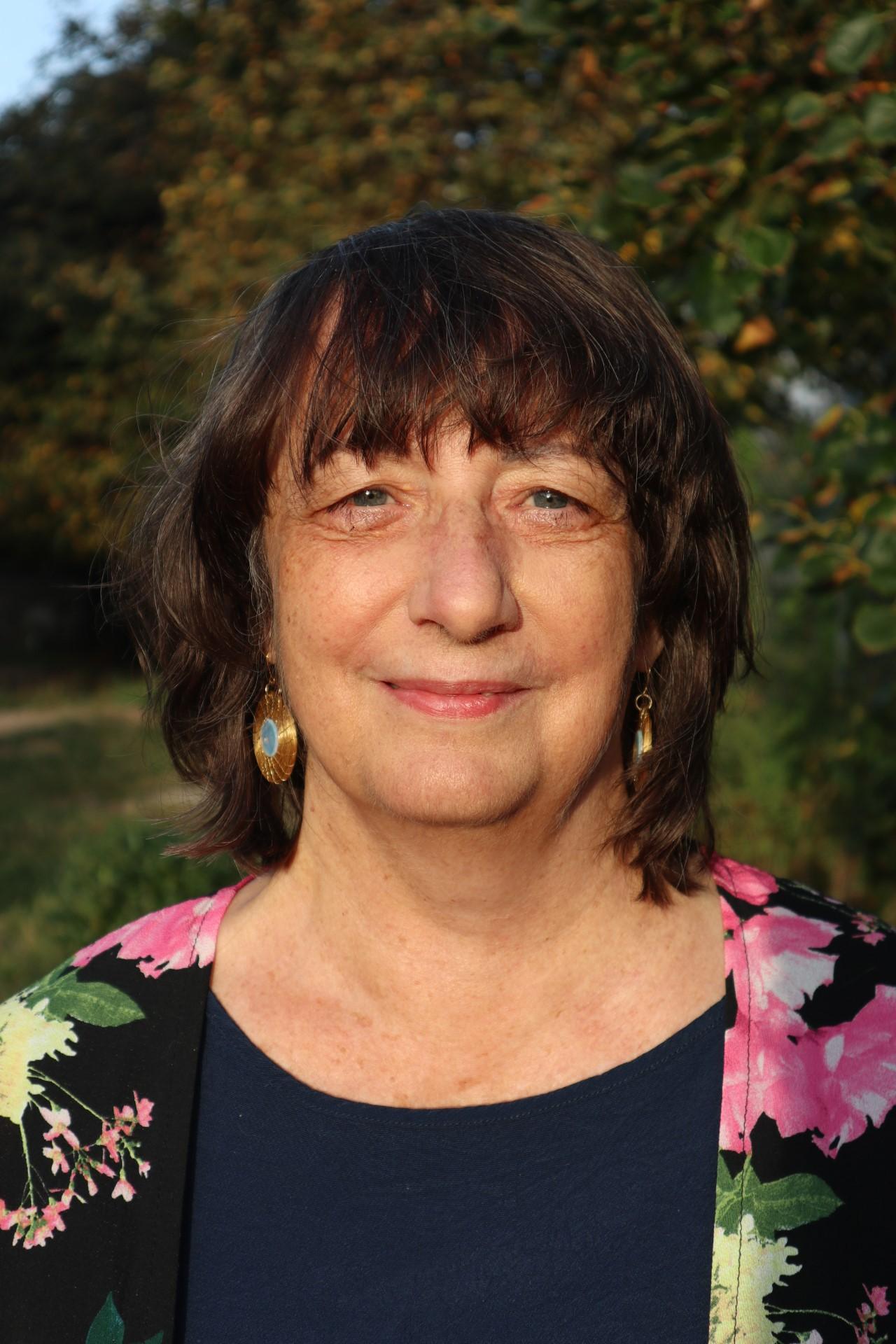
Name:Â
Marisa Linton (she/her)
Which region are you based in?Â
Brighton (East Sussex, UK)
If you write, which genre?
Fantasy & Horror
If you don’t write, what do you do?
As well as writing, I read a lot, and try and keep up with all the great work being published now. There’s so much out there!
Are you drawn to any specific SFFH sub-genres?
Probably classic British fantasy simply because that’s what I grew up with and I’m most familiar with, but it’s great to see fantasy writing emerging from different cultures and origins. Also dark academia. It’s right up my street. And supernatural mysteries and ghost stories.
Your influences
Tell us about the book/film/thing that got you into SFFH: What was it? How old were you? What impact did it have on you?
The Lion, the Witch and the Wardrobe – it was the first book I ever read, and had a big impact. As did the children’s stories of Alan Garner and Susan Cooper.
The work that had the biggest impact of all was The Lord of the Rings, which I first read when I was 8. I didn’t understand it all, and skipped parts, but I came back to it the next year and read it properly. Yes, a ridiculously young age, but there weren’t so many alternatives when I was a youngster. It had a huge effect on me, and shaped my imagination. By the time I was 12 my interest in Tolkien had waned a little. I had begun to wonder where the women were in that story, and I went on to other things.
Later I discovered American writers like Andre Norton, Anne McCaffery, and Ursula Le Guin, whose fantasy worlds drew me in, and that gave a major place to women and adult and complex relationships. I still adore Tolkien, but I tend to pick out different things in his writing now – his concern for an endangered environment; his powerful descriptions of the horrors and impact of war, so coloured by what he’d experienced at first hand; his flawed heroes – Frodo, Sam, Gollum; the elegiac sense of loss and impending death.
How does that early influence show up in your work (writing/agenting/publishing/editing/reading) now?
I am still a Tolkien and CS Lewis fan, though not uncritically; they were writers of their time. In terms of what I want to write myself, I prefer more grounded fantasy, set in our own world. For that reason, I would say Alan Garner is a bigger influence now, with his stories of an ancient past seeping into the present.
Where do you draw your creative inspiration from?
I take creative inspiration from some of these classics of British fantasy. But I also like detective fiction – especially women writers of the ‘golden age’ like Agatha Christie and Dorothy Sayers. I also love supernatural and ghost stories, and I like putting those genres together, situating the supernatural in an everyday reality, with a lot of mystery thrown in – it makes the supernatural seem more real somehow.
I love a lot of late Victorian/early twentieth century literature, including Arthur Conan Doyle, Bram Stoker, Algernon Blackwood, William Hope Hodgson and Edith Nesbitt. M.R. James’s ghost stories are a huge inspiration.
Modern writers I particularly like include: Michelle Paver, some Stephen King (The Shining, The Dead Zone), Jonathan Stroud’s Lockwood and Co books, Silvia Moreno-Garcia’s American Gothic. V.E. Schwab is a new discovery I’ve been enjoying lately.
(Photo of Sir Arthur Conan Doyle by Walter Benington – RR Auction, Public Domain, https://commons.wikimedia.org/w/index.php?curid=42190721)
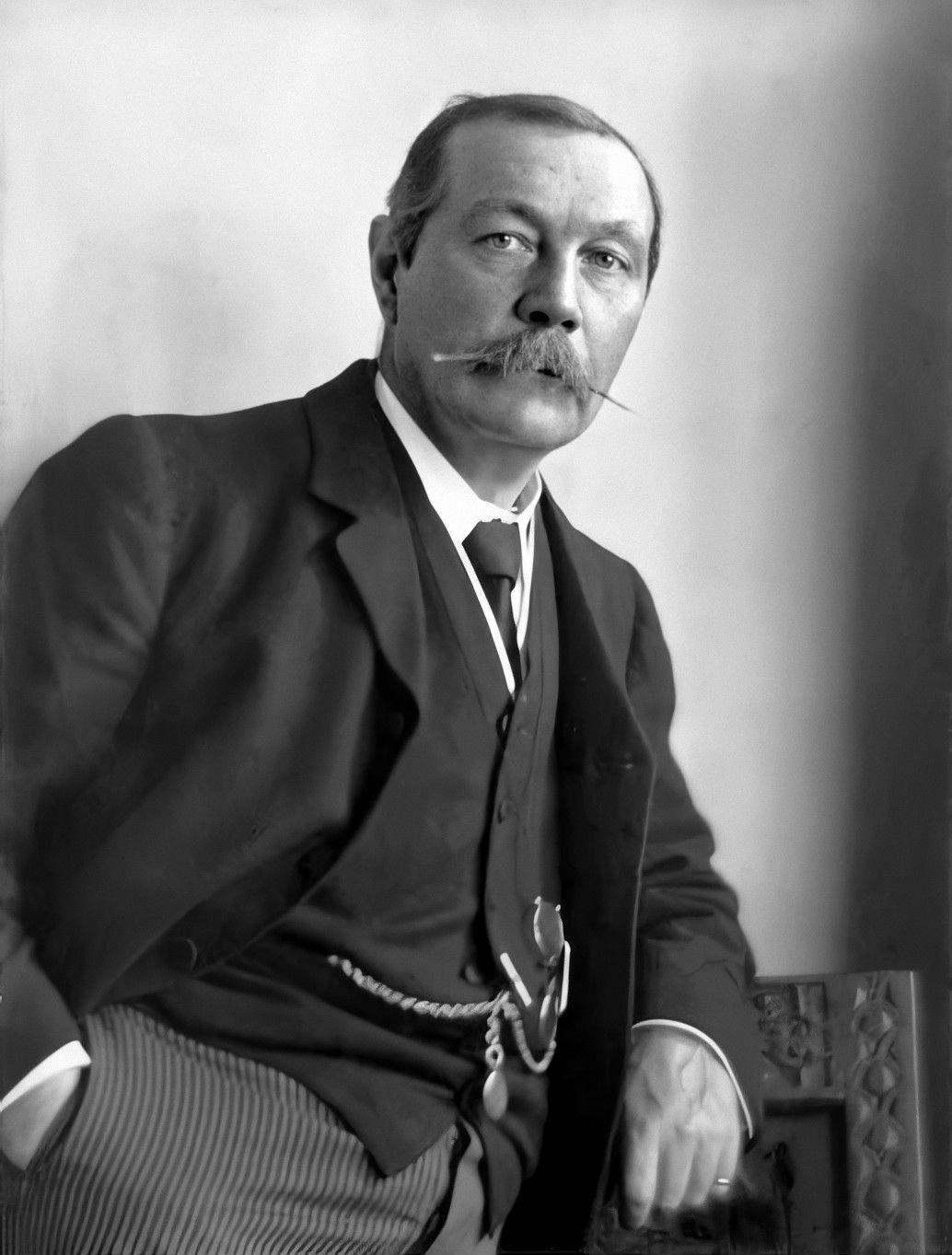
Who do you look to as a genre hero? Why?
Do you mean fictional heroes? If so, anyone who faces seemingly impossible odds and keeps going because they believe in the rightness of what they do. Especially if they are weak and flawed and secretly doubt themselves; and if they are really frightened, but keep going anyway. Several of the heroes in the stories I’ve mentioned fall into that category. Superheroes and superlative fighters to whom things come easily don’t appeal to me much.Â
Your work
You’re stuck in an elevator for 60 seconds with that hero, and they want you to describe your work. Give us the pitch.
Can I have two pitches please? I have two books being published this year, and I’m excited to share.
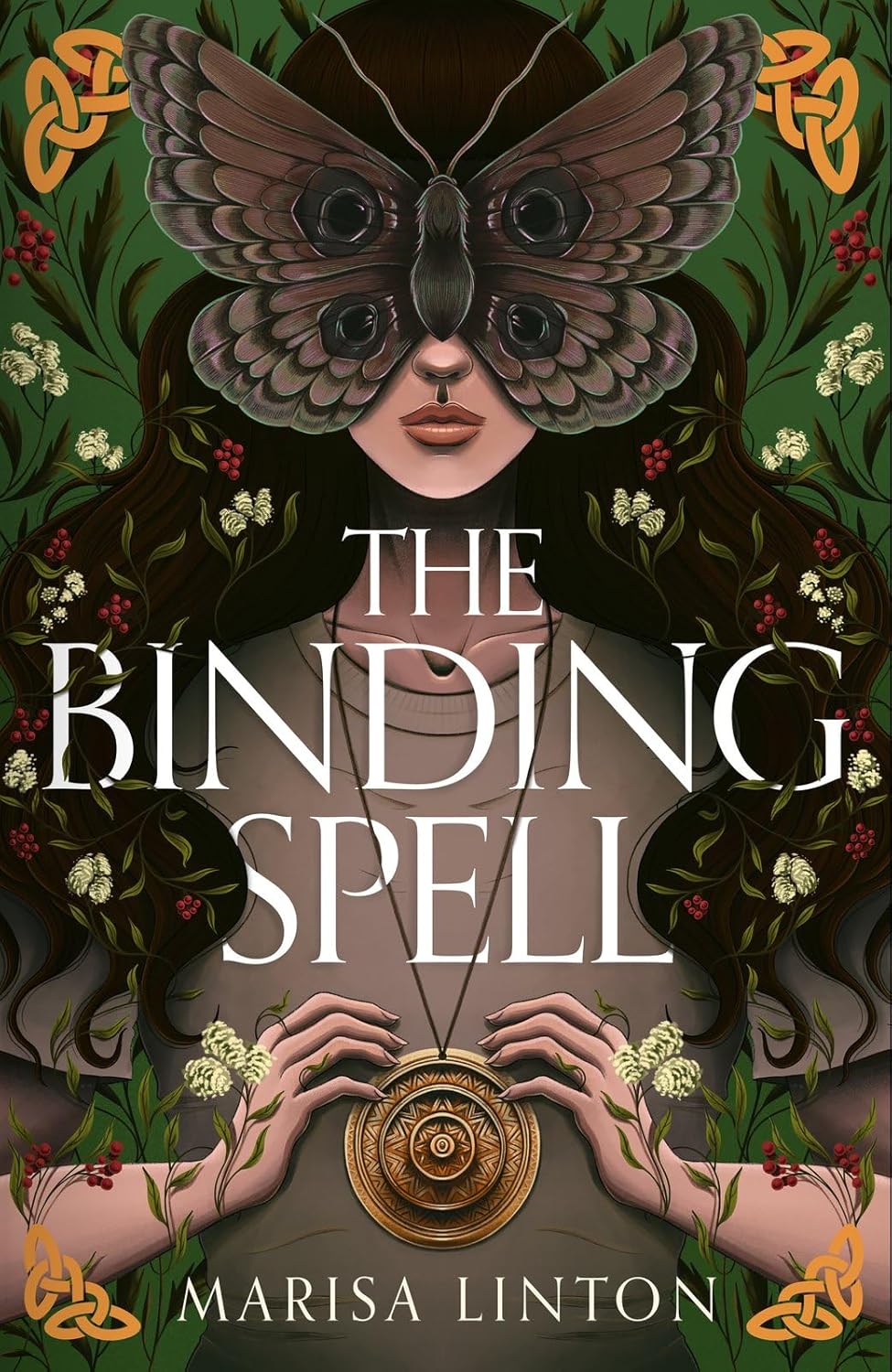
The Binding Spell
Morgan thinks her terrifying visions are in the past, but when her family moves to the village of Weir Hinny for her archaeologist father’s latest excavation, they return with a vengeance. Could they be linked to local legends of children lured away by the demonic Pouka King? As Morgan tries to find out the truth she is drawn to the enigmatic loner, Caelen, who guards an ancient secret of his own. Convinced that her visions and Caelen’s history are somehow intertwined, Morgan’s search for the truth leads her to dark forces that threaten not only her, but her whole family. Morgan must harness the power behind her visions to fight the forces ranged against her and save the people she loves. Because those who vanish – never come back.
Circle of Shadows
In Edwardian Britain private detection is deemed no task for a woman, yet Evie Winstanley is undeterred. When Evie finds the body of a young woman, marked by occult symbols, floating in a river in Oxford, she decides to investigate. She suspects a secret conspiracy links a series of mysterious deaths and disappearances, including that of her father, a collector of occult books. Her pursuit of the truth leads her, via a séance in a house on the Yorkshire moors, to legends of an ancient monster and a sinister cult hidden amongst the elite of an Oxford University college. When Evie’s sister disappears, Evie realizes she’s the next intended victim – and time is running out to save her.
What are you working on right now?
The sequel to Circle of Shadows.
Thinking about all the stories/work you’ve done, what sticks out most in your mind? Why?
That writing and publishing fiction is really hard. I could have easily given up, and nearly did. I went through a lot of rejection over several years. But then things changed. So what sticks in my mind is the need for resilience, and to just keep going, and to hope that some day your luck changes, as mine did. I hope now that people will read and enjoy the worlds and characters I’ve created, and that gives me a great thrill. I’ve also met some lovely communities of writers and readers, and some terrific people.
Where and when do you create/are you at your most creative?
Mornings, especially first thing at the morning. Often ideas seem to percolate when I’m asleep, and I wake up with insights into plot problems that seemed unfathomable the previous evening. When that happens I need to write the ideas down before I forget them. It’s downhill from then on, and by the evening I need to switch off and do something else.
What’s the best advice you’ve received about creativity?
So much great advice out there. Stephen King’s book, On Writing, is one of the best about the process.
Probably the single most important piece of advice is any variation on the classic problem of how to write first drafts. Stephen King put it something like ‘Just get the damn thing down.’ Because once you’ve got your first draft you can rewrite and work at making it better.Â
What’s your writing soundtrack?
If it’s fantasy, I often play film tracks, something stirring and emotional that sets up a mood, an atmosphere.
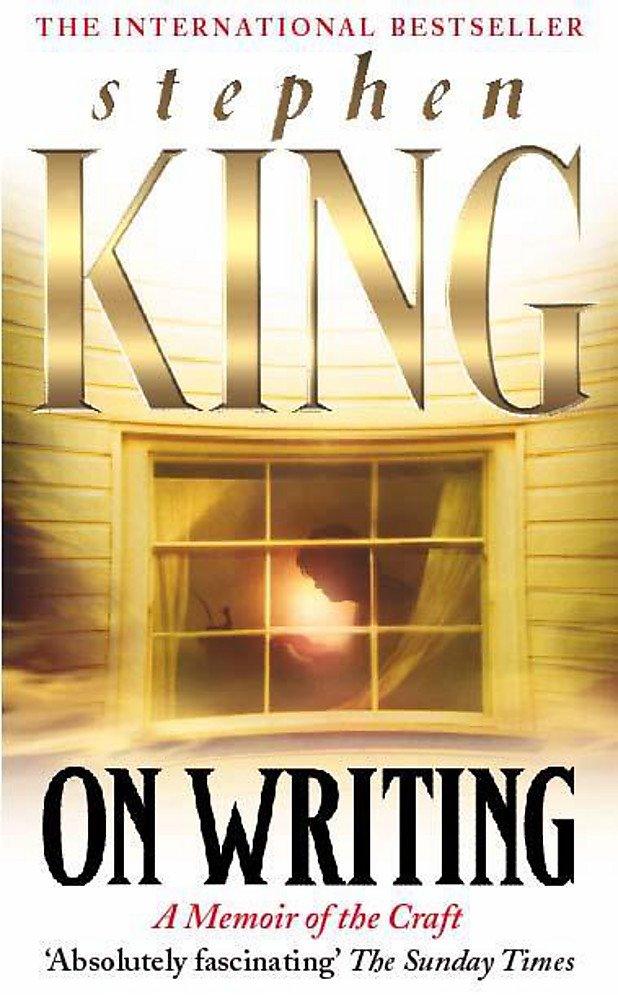
The Quickfire Round
Sci-fi, fantasy or horror?
Fantasy, if really grounded and ‘real’. And horror – if not too horrible.
Quiet or loud?
Either. When the writing’s going well, I don’t hear anything else. When it’s going badly – nothing helps. Better to stop writing and go for a walk.
Dark or light?
Do you mean – do I like dark sinister stories? Often yes.
But I don’t write in the dark. I’m not sure who would.
Strict lines or genre blend?
I like to mix genres. There are no rules.
Awards or bestseller?
It was winning a big competition – the Times/Chicken House – that changed everything for me. So I guess awards. But I’d happily settle for bestseller. It’s great to have readers.
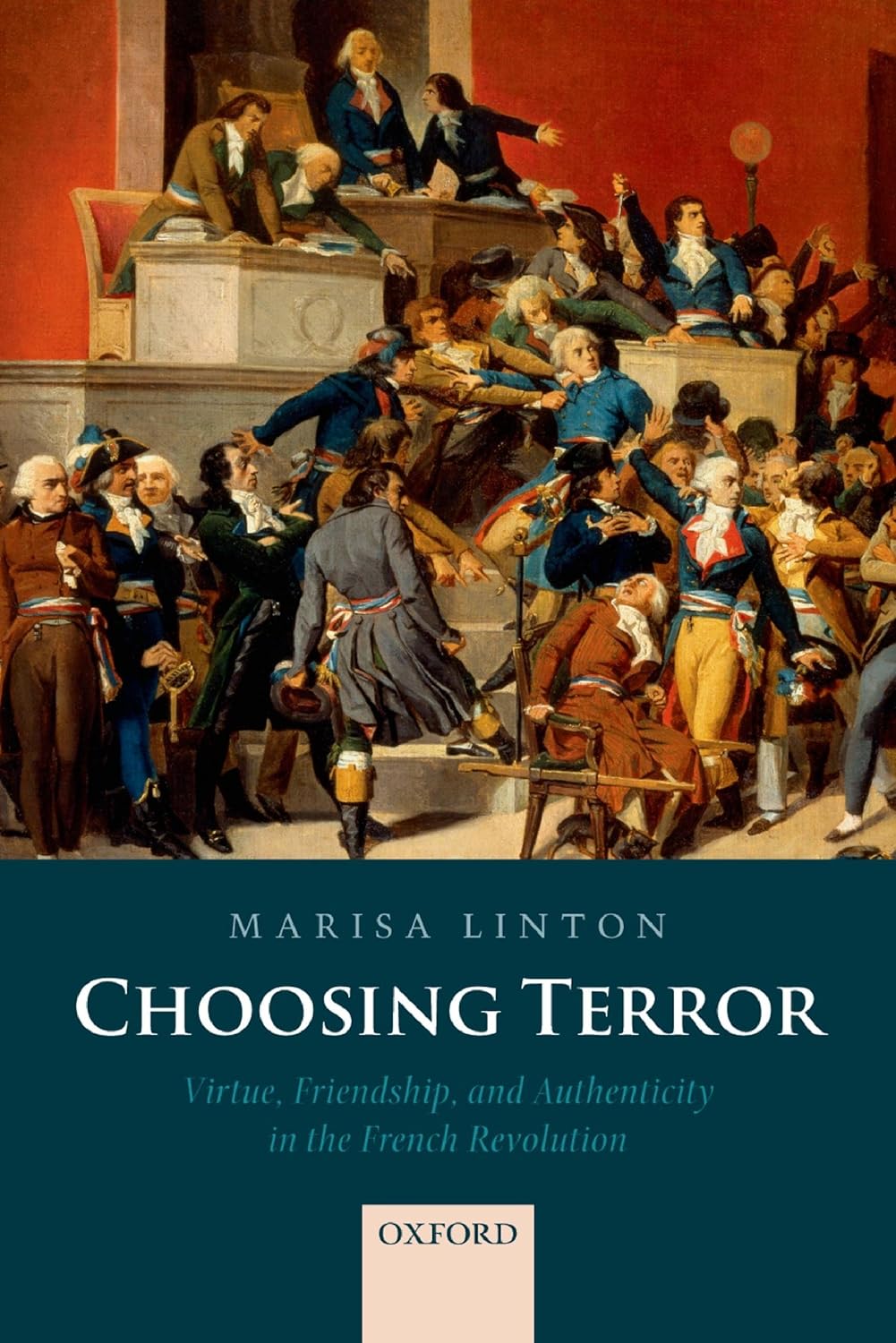
Fiction or non-fiction?
I’ve written both. I’m also a historian of the French Revolution, and a professor of history. I’ve published several history books. But I find writing fiction liberating in comparison. As a historian it’s your job to stick to the truth, in so far as you can establish it using the sources. As a writer of fiction – you get to make stuff up. It’s like playing a really fun though difficult game, to make a story work out. Freeing and exciting, but also terrifying.
Poetry or prose?
I like reading poetry, but would be hopeless at writing it. So prose. 100%.
Plotter or pantser?
Plotter, because I like working out what will happen, and what my characters are going to do and why. But I love how, as I write, the story and characters take on a life of their own, and set off in directions I’d never imagined.
Reading or listening?
Reading, definitely. But I like listening to stories when I’m going for walks, that’s a huge pleasure.
Notebook or computer?
I write on a computer. I’m much too lazy to write drafts by hand and then have to transcribe them. But I try to keep a notebook by me at all times, to scribble down any ideas, or plot plans, or phrases that might come whizzing into my head, so I can capture them before I forget them.
Favourite SFFH book of all time?
The Lord of the Rings. No question. It’s a work of genius. Terry Pratchett said we’re all just moving around furniture in Tolkien’s attic, and that’s a great image.
For me what makes it work is the hobbits. It’s the way Tolkien puts little people, not so different to us, into a big mythological world, and we see it through their eyes and are drawn in. If he had just plunged us into the world of elves and heroes, it wouldn’t be so gripping – at least not for me. It’s the problem, I have to confess, that I have with The Silmarillion. No hobbits to dilute the elvishness.
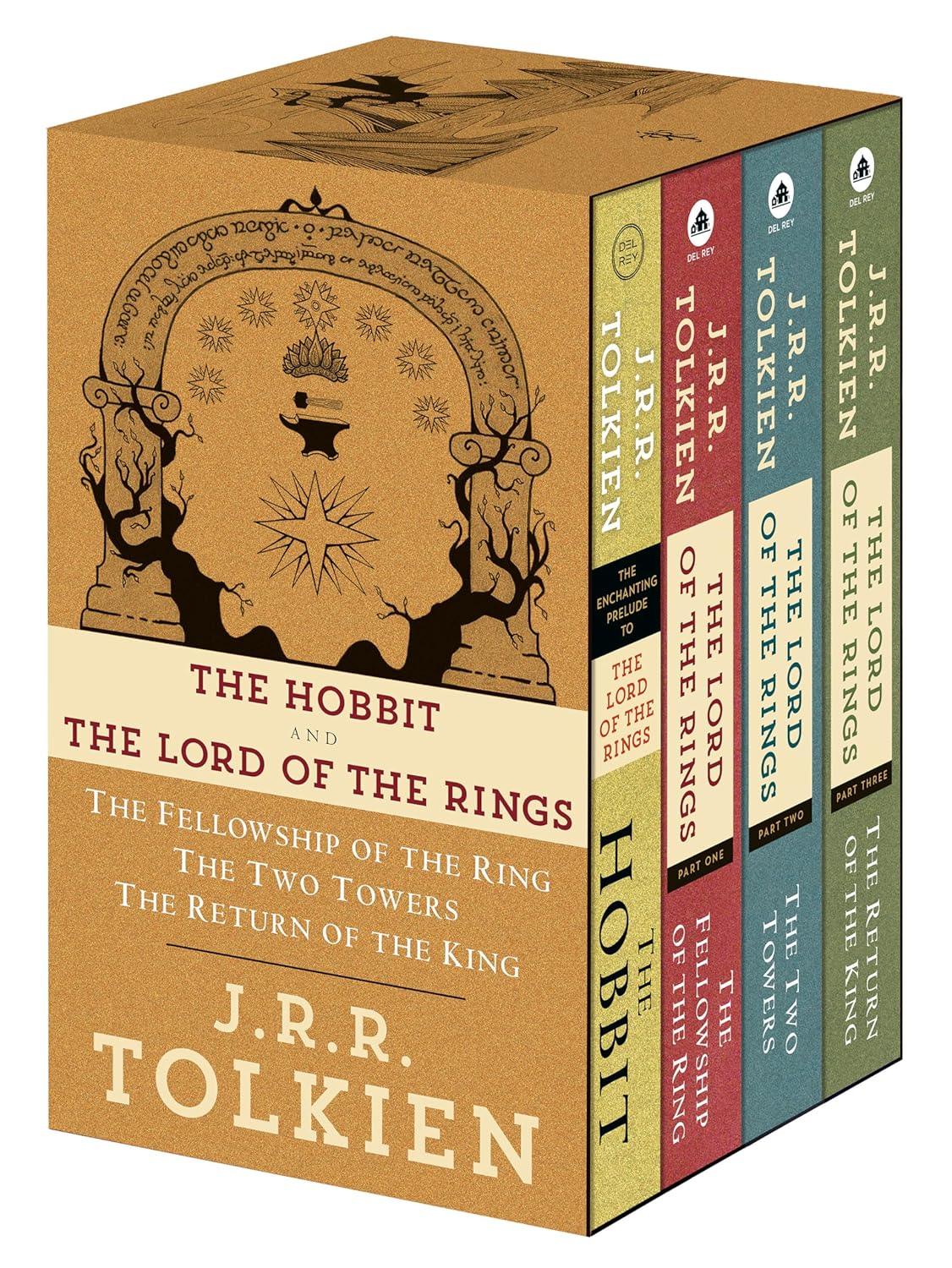
Last book you read?
I just read Rebecca Kuang’s Babel, and found it really interesting on the impact of British colonialism. It’s fantasy, but very rooted in a historical setting that’s made to seem real. It’s terrific – though devastatingly sad.
And before that, a romantasy. I’d better not say what the title was because I didn’t enjoy it much, and I wouldn’t want to put any author down. I’ve been trying to get hold of a really absorbing example of the new generation of romantasy and to discover why people love them so much. So any suggestions for a great recent romantasy would be welcome.
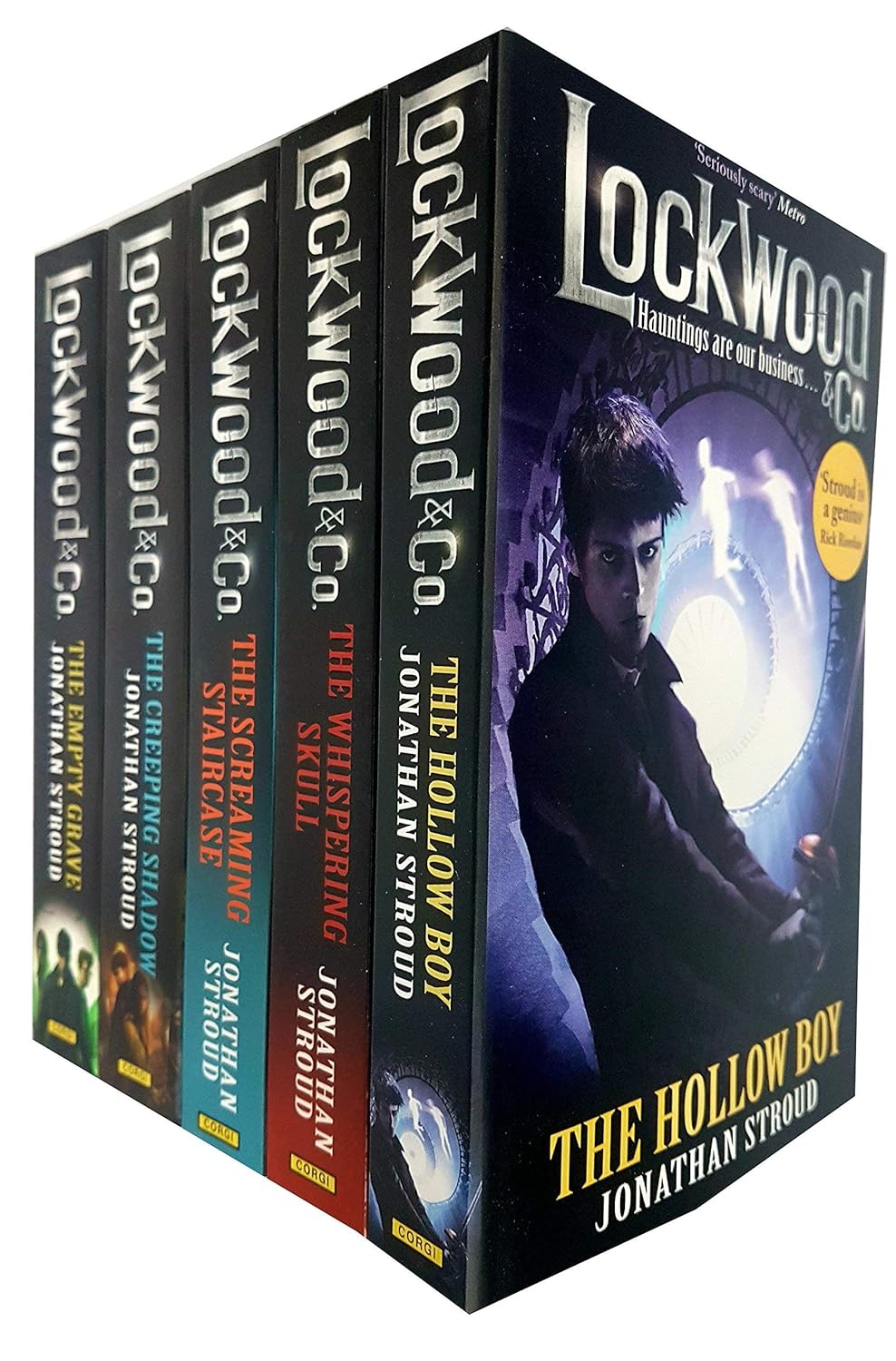
Any SFFH author on auto-buy?
If Jonathan Stroud were to write another Lockwood and Co book I’d be there like a shot. Simply because I loved the characters and being in their world. I was so angry that Netflix cancelled the TV version after the first series. Sadly, I think he’s done with that world.
Favourite podcast?
I dip in and out, try not to get too fixated on anything online, because it’s so easy to procrastinate when you should be writing. I’m already a champion procrastinator – I don’t need more excuses not to write.
The Home Stretch
What’s the best thing about being part of the SFFH community?
Being part of a writing community is really essential for a writer, because we spend so much of our working lives in solitude.
I’ve just joined the BFS, and the first thing that happened was an online day devoted to crafting characters. Everyone was so friendly and welcoming, and had interesting things to share. Rhonda Garcia was one of the speakers and she was amazing. Such an inspiration! She gave some of the best, and most sustaining, writing advice I’ve ever heard. I think you have it available on YouTube for anyone who missed her talk. I look forward to many more shared experiences like that.
Time to plug your stuff! Where can we find you and your work? What have you got coming up? Consider this your advertising space.
My first novel, The Binding Spell, will be published on 8 May 2025. It’s a YA contemporary fantasy and won the Times/Chicken House competition in 2023 under the title, The Pouka King. Here are the links:
- Marisa Linton’s Young Adult debut The Binding Spell is now available for pre-order here, and here is a link to the Amazon pre-order site, which carries more details.
- My second novel, Circle of Shadows, will be published on 9 October 2025. It’s an adult fantasy about an occult detective before the First World War. Publicity about it will be available soon, so I would love to come back to you then, and let you know the details.
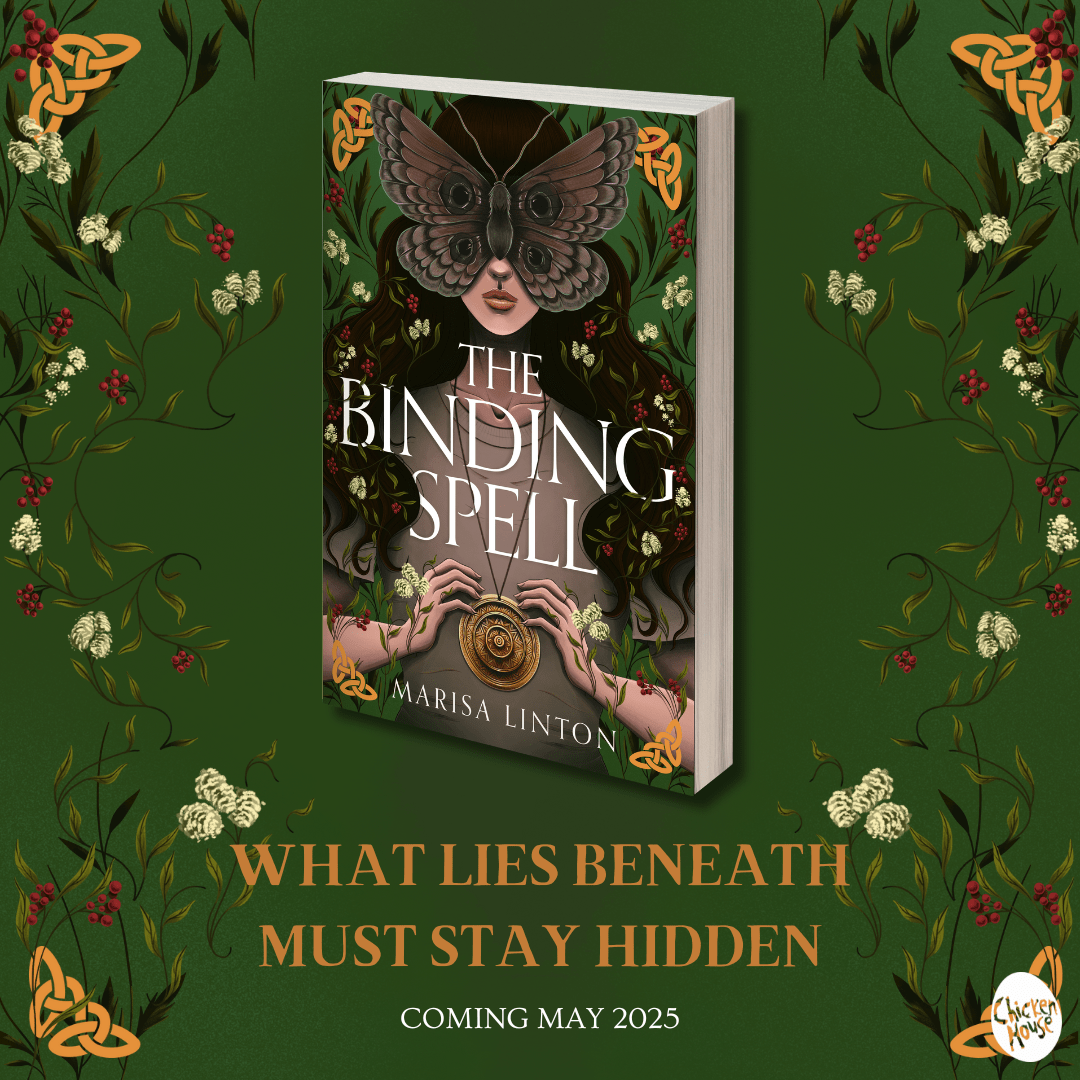
I’m on Twitter (refuse to call it that other stupid name), though less and less now: @mlinton8
And I’m on Bluesky: @mlinton.bsky.social
I don’t have a website for my fiction-writing yet, but you can email me direct at: m.linton@kingston.ac.uk

